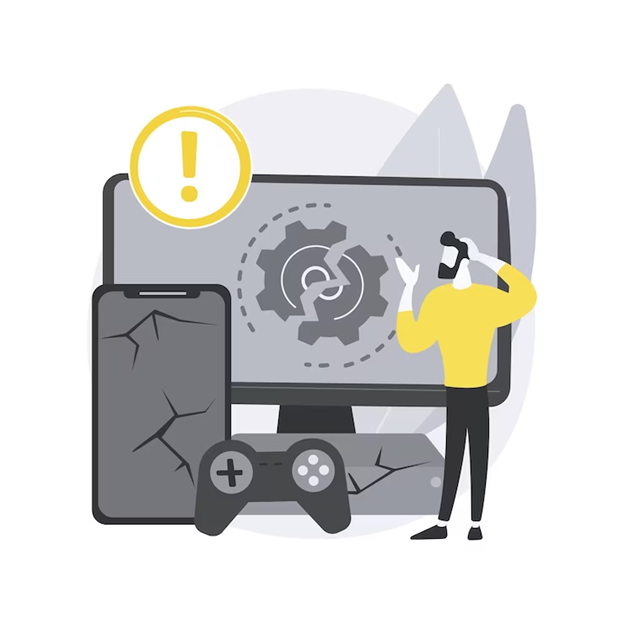
In a world saturated with consumer goods, the issue of product liability has become increasingly prevalent. Consumers often find themselves grappling with faulty products and, in such cases, determining whether a company holds liability can be challenging. This article delves into the top three ways a consumer can identify when a company is liable for a faulty product and when it is not. Additionally, it explores the role of product liability expert testimony services in shedding light on intricate cases.
Understanding Product Liability
Product liability refers to the legal responsibility of a manufacturer or seller for injuries caused by a defective product. Identifying when a company is liable involves considering various factors, but the following three aspects are crucial in making that determination.
1. Defect in Design or Manufacturing
One clear indicator of a company’s liability is the presence of a defect in the design or manufacturing of the product. If a flaw in the product’s design or an error in the manufacturing process is responsible for the product’s malfunction, the company can be held accountable. Consumers should be vigilant in identifying such defects, as they are key elements in establishing liability.
2. Failure to Provide Adequate Warnings or Instructions
Companies are obligated to provide clear and comprehensive instructions for product use. If a product poses inherent risks that are not adequately communicated to consumers, the company may be liable for resulting injuries. Lack of proper warning labels or insufficient instructions can strengthen a consumer’s case against a company.
3. Breach of Warranty
Warranties are promises made by a company regarding the quality and performance of a product. If a company fails to meet the terms of its warranty, whether expressed or implied, and the product malfunctions, it could be held liable for any resulting damages. Consumers should be aware of the terms of a product’s warranty and document any breaches to support their claims.
When a Company is Not Liable
It’s important to recognize situations where a company may not be liable for a faulty product. If the consumer misuses the product, ignores warnings, or attempts unauthorized repairs, the company’s liability may be diminished. Understanding the boundaries of liability is crucial to seeking appropriate recourse.
Seeking Legal Assistance and Product Liability Expert Testimony Services
When faced with a faulty product, consumers often wonder about the next steps to take. In such cases, reaching out to various entities can be beneficial.
What to Do When You Encounter a Faulty Product
If you encounter a faulty product, consider the following steps:
Contact the Store: Reach out to the store where you purchased the product. They may offer a refund, replacement, or other solutions.
Contact the Product Creator: If the product is under warranty or the issue is a result of a manufacturing defect, contact the product creator for resolution.
Contact an Attorney: If the above steps prove unsuccessful, consulting with an attorney who specializes in product liability can provide legal guidance.
Product Liability Expert Testimony Services: In complex cases, seeking product liability expert testimony services from a product expert witness can be invaluable. A single occurrence of engaging with product liability expert testimony services can significantly bolster your case by providing a professional assessment of the product’s defects and the company’s liability.
Conclusion
Understanding when a company has liability for a faulty product is essential for consumers seeking justice. By identifying defects in design or manufacturing, assessing the adequacy of warnings and instructions, and examining warranty breaches, consumers can determine the strength of their case. In challenging situations, seeking legal assistance and product liability expert testimony services can be instrumental in navigating the complexities of product liability claims.




